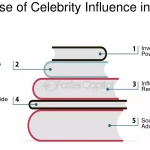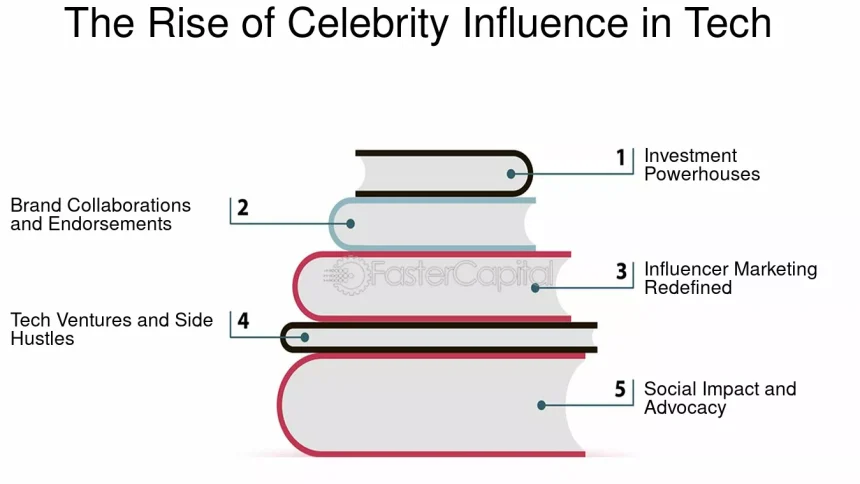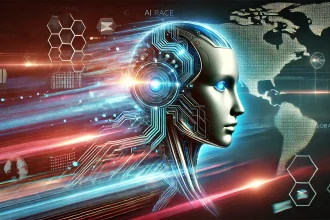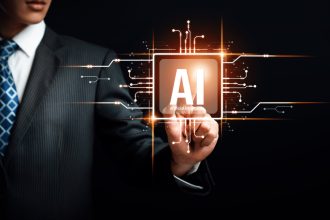When Stars Meet Silicon
In recent years, the line between Hollywood and Silicon Valley has blurred. Celebrities are no longer just endorsing brands — they are creating them, funding them, and shaping the narrative of modern technology. From Elon Musk’s social influence to Taylor Swift’s tech-savvy brand management, the intersection of fame and innovation has become one of the most powerful forces in global culture.
This celebrity-tech fusion isn’t just about marketing. It’s about trust, relatability, and the ability to humanize complex technology for mass audiences. When fans see their favorite artists or athletes championing new devices, platforms, or apps, innovation feels less abstract and more personal.
The Rise of Celebrity Tech Founders
A decade ago, it was rare to see entertainers venture into the tech industry. Today, it’s almost expected. Stars like Ashton Kutcher, Will.i.am, and Serena Williams have become venture capitalists, investing millions in emerging startups. Kutcher’s early investments in Airbnb and Uber are legendary examples of how celebrity foresight can transform industries.
Rihanna’s Fenty Beauty, while primarily a fashion and cosmetics empire, is powered by advanced digital analytics that use AI to predict market trends and consumer preferences. Meanwhile, tech-focused entrepreneurs like Kim Kardashian have leveraged apps and social platforms to turn personal branding into a billion-dollar data-driven enterprise.
This convergence between fame and innovation represents a new form of capitalism — one driven by cultural capital as much as financial capital.
The Global Impact of Tech-Influenced Fame
Technology has redefined what it means to be a global celebrity. Platforms like TikTok, Instagram, and YouTube have created a decentralized fame economy where influence is algorithmic. The most followed personalities aren’t just entertainers; they’re content strategists, entrepreneurs, and digital diplomats.
In countries like South Korea and India, entertainment icons are deeply intertwined with national technology narratives. K-pop groups like BTS use cutting-edge digital platforms to engage fans in real time, often partnering with tech companies to test new features or virtual experiences. Similarly, Indian film stars are leveraging blockchain-based fan engagement tools that transform audiences into investors and collaborators.
Celebrities have become ambassadors of technology itself — driving adoption, innovation, and even social change across borders.
Politics and Power in the Digital Spotlight
The influence of celebrity culture extends into politics more than ever before. Figures like Arnold Schwarzenegger, Kanye West, and even Elon Musk have blurred the boundaries between cultural leadership and political engagement. In the age of social media, political narratives often depend on the same engagement metrics that define entertainment success.
Technology amplifies this crossover. Platforms reward emotional resonance, making charismatic personalities — not traditional politicians — the most influential voices in public discourse. Governments are beginning to recognize the role of digital fame as a political asset. In some cases, they even collaborate with influencers to promote policies, shape narratives, and control online sentiment.
Yet, this fusion of celebrity, politics, and technology also raises questions about authenticity, manipulation, and the erosion of objective truth. The digital age has created a new kind of populism — one shaped by algorithms and star power.
The Celebrity Endorsement Economy
From Apple’s partnership with Oprah Winfrey to Nike’s collaborations with top athletes, celebrity endorsements have always been powerful. But technology has taken this to a new level. Influencer marketing, once considered a niche strategy, is now a trillion-dollar industry.
Artificial intelligence and data analytics allow brands to match celebrity personalities with precise audience segments. This creates hyper-personalized campaigns where fans feel directly addressed. The result is unprecedented engagement — and an economy where attention itself is the most valuable commodity.
However, the deeper issue lies in transparency. When every post, partnership, or statement can influence markets, the distinction between genuine advocacy and paid promotion becomes blurred. Regulators are struggling to keep pace with this evolving landscape of influence.
The Tech Industry’s Love Affair with Fame
Major tech companies have learned that association with celebrity names can humanize their products and expand their reach. Apple’s long-standing relationship with musicians, Meta’s collaborations with content creators, and Tesla’s culture of personality-driven branding illustrate a broader trend — technology now sells through emotion, not specification.
Elon Musk, one of the world’s most polarizing figures, exemplifies this transformation. His persona drives Tesla’s marketing as much as the company’s engineering does. Whether through controversial tweets or public spectacles, Musk uses fame as a form of currency — shaping not only brand identity but also investor sentiment.
Meanwhile, newer tech startups are adopting similar strategies. They rely on celebrity endorsements or influencer investments to gain instant credibility and mass appeal. Fame, once confined to entertainment, is now an essential pillar of product strategy.
The Digital Fame Paradox
While celebrity influence accelerates innovation, it also introduces new challenges. The same platforms that amplify fame can also destroy it. Cancel culture, online backlash, and misinformation can dismantle reputations overnight. For tech brands, this volatility creates risk. A single controversial tweet or viral scandal can wipe out millions in market value.
Moreover, fame-driven innovation often prioritizes visibility over substance. Critics argue that celebrity-led startups sometimes focus more on image than impact. Yet, there is no denying that their presence attracts funding, talent, and public attention that traditional companies struggle to achieve.
The paradox of digital fame is that it empowers and endangers simultaneously — creating an ecosystem where influence can be both the greatest asset and the greatest liability.
How AI Is Changing the Celebrity Landscape
Artificial intelligence is reshaping the mechanics of fame itself. Deepfake technology allows for digital recreations of celebrities, raising questions about consent, identity, and authenticity. Virtual influencers — entirely AI-generated personalities — now attract millions of followers and brand deals, despite not being human.
Celebrities are responding by partnering with tech firms to protect their digital likenesses. Some, like Keanu Reeves, have publicly opposed deepfake manipulation, while others, such as virtual model Lil Miquela, embrace the post-human evolution of celebrity culture. This intersection of AI and fame signals the dawn of a new entertainment frontier — where reality and simulation coexist seamlessly.
FAQs
How are celebrities influencing technology today?
Celebrities are investing in startups, founding tech companies, and using digital platforms to shape innovation, making technology more relatable and accessible.
Can fame replace traditional marketing in the tech industry?
To some extent, yes. A strong celebrity endorsement can generate more engagement and credibility than conventional advertising campaigns.
What risks come with mixing fame and innovation?
The volatility of public opinion and online backlash can harm brands associated with controversial figures, creating both financial and reputational risks.
Are virtual celebrities the future of entertainment?
AI-generated influencers represent a growing trend. They offer creative possibilities but also challenge ethical notions of identity and authenticity.
How is politics affected by celebrity influence?
Celebrities often shape political narratives through social media, influencing public opinion and blurring the line between entertainment and governance.
Conclusion
The partnership between fame and innovation defines the new digital era. Celebrities no longer stand outside the tech world — they are embedded within it, driving investment, adoption, and transformation. This fusion of entertainment, politics, and technology has created a cultural ecosystem where influence itself is the ultimate commodity.
As society moves deeper into the AI-driven future, fame will continue to evolve from a measure of popularity to a form of power. The challenge lies in using that power responsibly — ensuring that the celebrity-tech revolution remains a force for progress, creativity, and truth in an increasingly algorithmic world.















